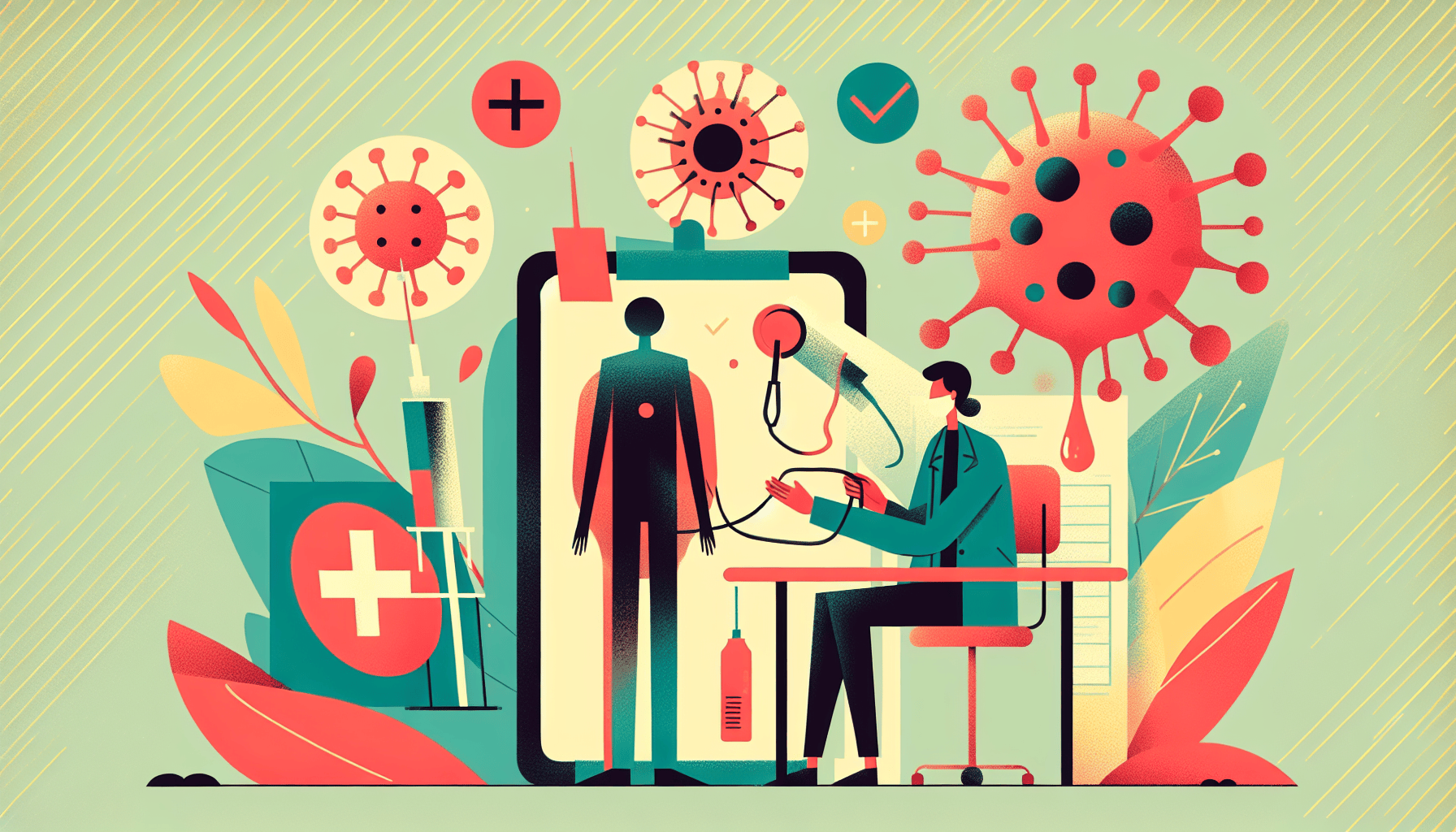Chikungunya is a virus transmitted by mosquitoes that can cause fever, joint pain, and other symptoms. While it is rarely fatal, the virus can lead to lasting pain and discomfort. In this article, we'll explore what chikungunya is, how it's diagnosed and treated, and what you can do to lower your risk of mosquito bites.
What is Chikungunya?
Chikungunya is a virus spread by the yellow fever mosquito and the Asian tiger mosquito. These mosquitoes are found in various parts of the world, including Asia, Europe, Africa, and the Americas. In the United States, chikungunya is not as common as in other countries, but cases have been reported among travelers returning from affected areas and in rare instances of local transmission in Florida, Texas, Puerto Rico, and the U.S. Virgin Islands.
Symptoms of Chikungunya
Symptoms of chikungunya typically appear 3 to 7 days after being bitten by an infected mosquito. The most common symptoms include:
Fever
Joint pain
Headache
Nausea
Red eyes
Rash
Fatigue
It can be difficult to distinguish chikungunya from other mosquito-borne illnesses like dengue fever or Zika virus. If you experience these symptoms, especially after visiting an area with a recent outbreak or living in an area where the virus has been reported, it's important to see your doctor for proper diagnosis and treatment.
Diagnosing Chikungunya
To diagnose chikungunya, your doctor will take a blood sample to check for signs that your body is fighting off the virus. In the United States, there is a test available that can simultaneously check for chikungunya, Zika virus, and dengue. Once the test results are available, your doctor will advise you on how to manage your symptoms.
Treating Chikungunya
There is no specific antiviral treatment or vaccine for chikungunya. Treatment focuses on managing symptoms and providing relief. Your doctor may recommend:
Acetaminophen for pain and fever relief
Rest and plenty of fluids
Steroids or medications like methotrexate for persistent joint and muscle pain
It's important to avoid taking aspirin, ibuprofen, or naproxen sodium until similar infections like dengue have been ruled out, as these medications can increase the risk of complications.
Prognosis and Long-term Effects
Most people recover from chikungunya within a few weeks, with acute symptoms typically lasting 7 to 10 days. However, some individuals may experience long-term joint and muscle pain, known as chronic chikungunya arthritis, which can persist for months or even years. Approximately 40% of people who contract the virus develop this type of arthritis.
Chikungunya can be more severe in certain groups, including newborns, people over 65, and those with underlying health conditions like high blood pressure, diabetes, or heart disease. If you or someone you know falls into one of these categories and experiences symptoms, contact your doctor immediately.
Lowering Your Risk of Mosquito Bites
To reduce your chances of being bitten by mosquitoes and contracting chikungunya, follow these tips:
Wear long sleeves and long pants
Stay in screened-in areas or indoors with air conditioning
Use mosquito nets over your bed if you're in a place without air conditioning or window screens
Apply mosquito repellent containing DEET when going outside without sleeves (apply sunscreen first if needed)
Eliminate standing water in and around your home or hotel room
By understanding the symptoms, diagnosis, and treatment of chikungunya, as well as taking steps to prevent mosquito bites, you can help protect yourself and your loved ones from this potentially debilitating virus. If you suspect you may have contracted chikungunya, don't hesitate to seek medical attention for proper care and guidance.
For more information on chikungunya and other mosquito-borne illnesses, visit the Centers for Disease Control and Prevention (CDC) website.



